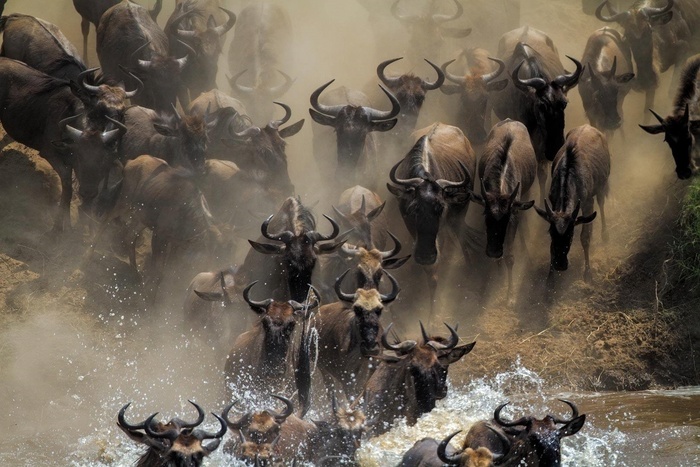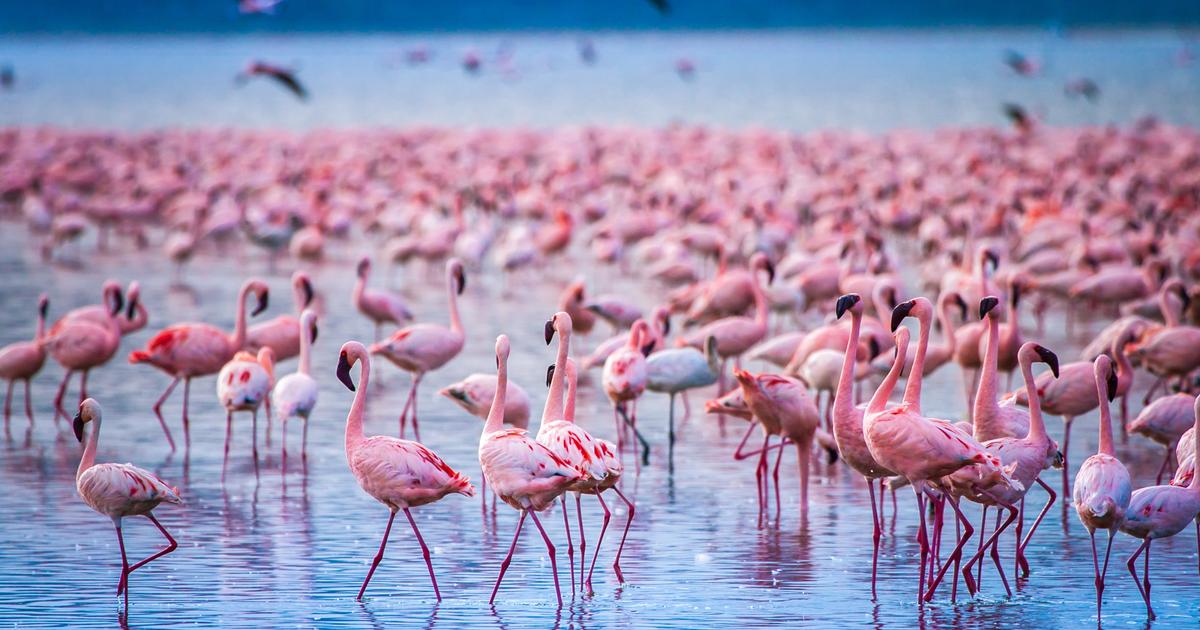Enlarge image
Fresh coffee is being processed
Photo: Bryant Scannell / Getty Images
Africa's largest coffee growing area is in Ethiopia.
Often those varieties grow here that are later processed into high-quality coffee creations, such as the Yirgacheffe, one of the oldest and most sought-after coffee varieties in the world.
However, climatic changes threaten the cultivation areas for specialty coffee.
"The suitable area for high-quality coffee varieties in Ethiopia could shrink significantly if climate change continues unchecked," writes the Potsdam Institute for Climate Impact Research PIK in a press release.
"At the same time, the area that is suitable for average-tasting coffee could increase."
In the worst case, 40 percent less acreage
An international team of researchers with PIK participation has modeled how changes in mean temperature, amount of precipitation and 17 other factors will affect the cultivation of five different types of coffee in the future.
more on the subject
Global warming in the Antarctic: researchers calculate dramatic ice shrinkage
Green indulgence trade: The multi-million dollar business with climate trees by Philip Bethge and Susanne Götze
The Yirgacheffe, for example, which grows in southwest Ethiopia, could in the worst case lose more than 40 percent of its cultivated area by the end of the 21st century.
The prognoses for Harar coffee are similarly bleak, writes the team in the specialist magazine »Scientific Reports«.
The conditions for growing Limu and Siamo are also likely to deteriorate.
On the other hand, areas suitable for Nekemte coffee could grow.
As with wine, temperatures also have a major influence on the quality of the coffee.
When it gets warmer, the coffee cherry, the stone fruit of the coffee plant, ripens faster than the beans inside.
That affects the quality.
Rain generally favors growth, but in excess can also damage the quality.
Economic consequences
The changes modeled by the experts would not only have an impact on coffee consumption, but also on the local economy in Ethiopia.
The premium coffee is produced there by millions of small farmers who earn significantly more with the high quality than would be possible with average types of coffee.
If the smallholders were forced to "switch to growing conventional, less tasty and more bitter coffee varieties, they would suddenly be competing with industrial production systems that are more efficient elsewhere," explains Christoph Gornott from PIK and the University of Kassel.
"For Ethiopia, where coffee exports make up about a third of all agricultural exports, this could prove fatal."
According to the experts, one way out could be to adapt the cultivation strategy to new climatic conditions in a targeted manner, so that other, high-quality varieties could possibly be used.
jme








